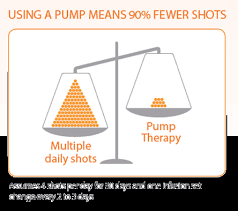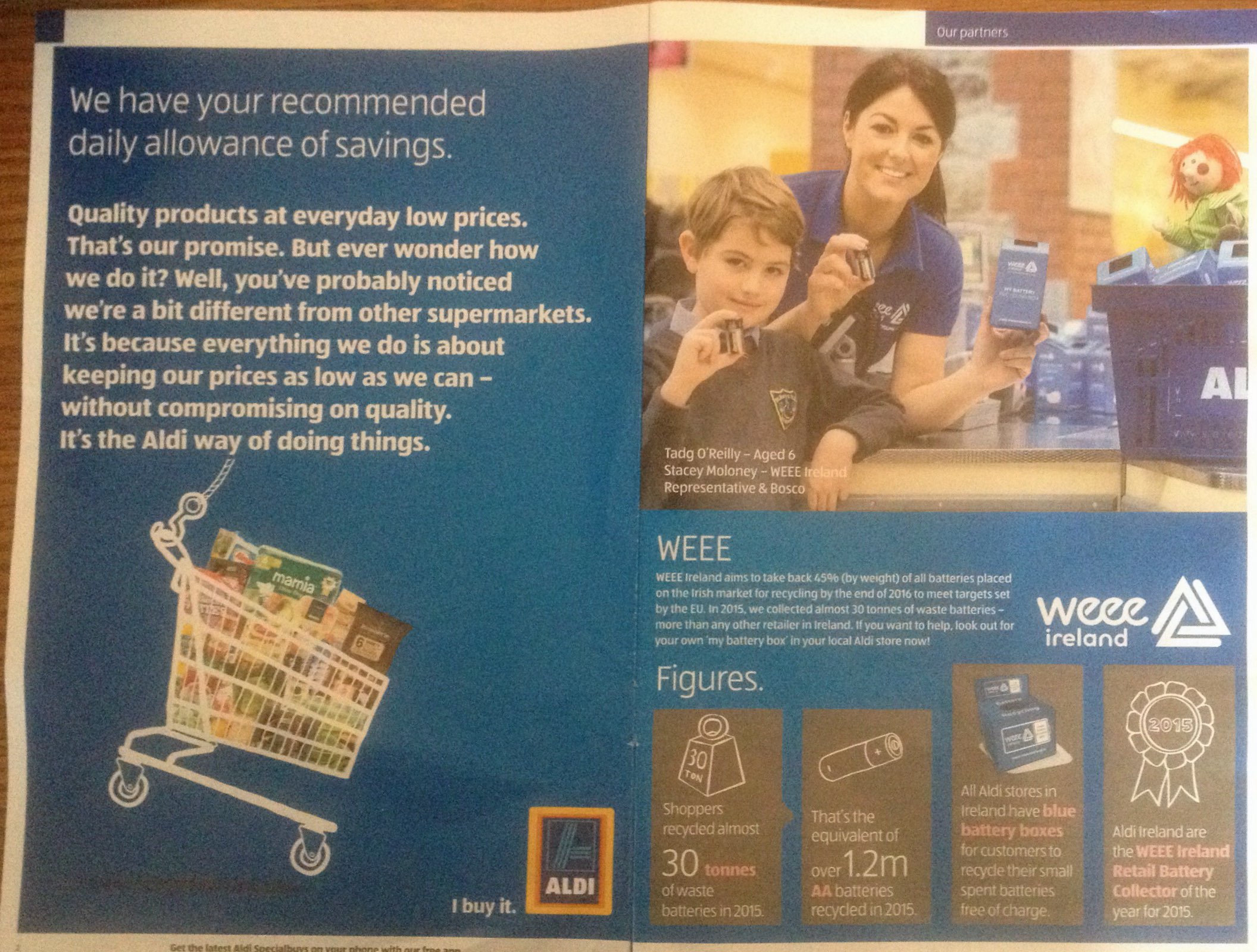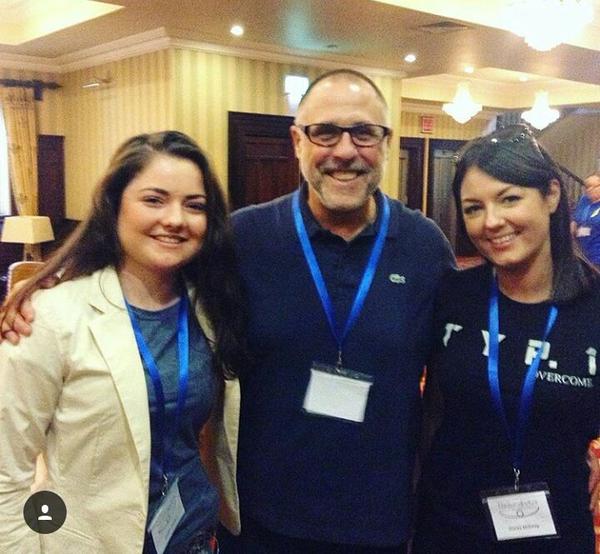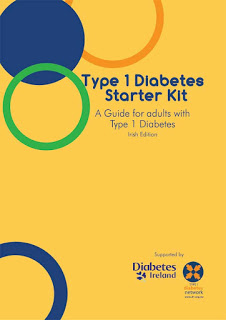In 2014, 1 in 6 children diagnosed with Type 1 diabetes were admitted to hospital with a potentially life-threatening condition called diabetic ketoacidosis (DKA) which can occur if a Type 1 diabetes diagnosis is delayed.
The purpose of Diabetes Ireland's Type 1 Diabetes Awareness Campaign is two-fold.
The first is to encourage GPs to consider Type 1 diabetes first, as a potential diagnosis when a child presents feeling generally unwell by performing a simple finger prick glucose test to lead to prompt diagnosis.
A delay in diagnosis usually means repeated visits to the GP and can result in diabetes ketoacidosis (DKA) which is potentially fatal.
I was diagnosed with type 1 diabetes when I was 20 years old, I have no family history and my lifestyle was quite healthy. I cycled to college and I ate relatively healthy for a student with no money. *** A healthy lifestyle or not having a family history of diabetes does not protect you from Type 1 Diabetes. Sometimes, there is no rhyme or reason.
- - 2015, Nevada teen
- - 2015 Kycie Terry in Utah
- - 2013 in North Carolina, 14-month-old Reegan died as a result of her diabetes going undetected.
- - July 2012, 26 year old new mother died from undiagnosed type 1 diabetes in the UK
- - In 2012, a 17 year old girl in Scotland died from undiagnosed type 1 diabetes.





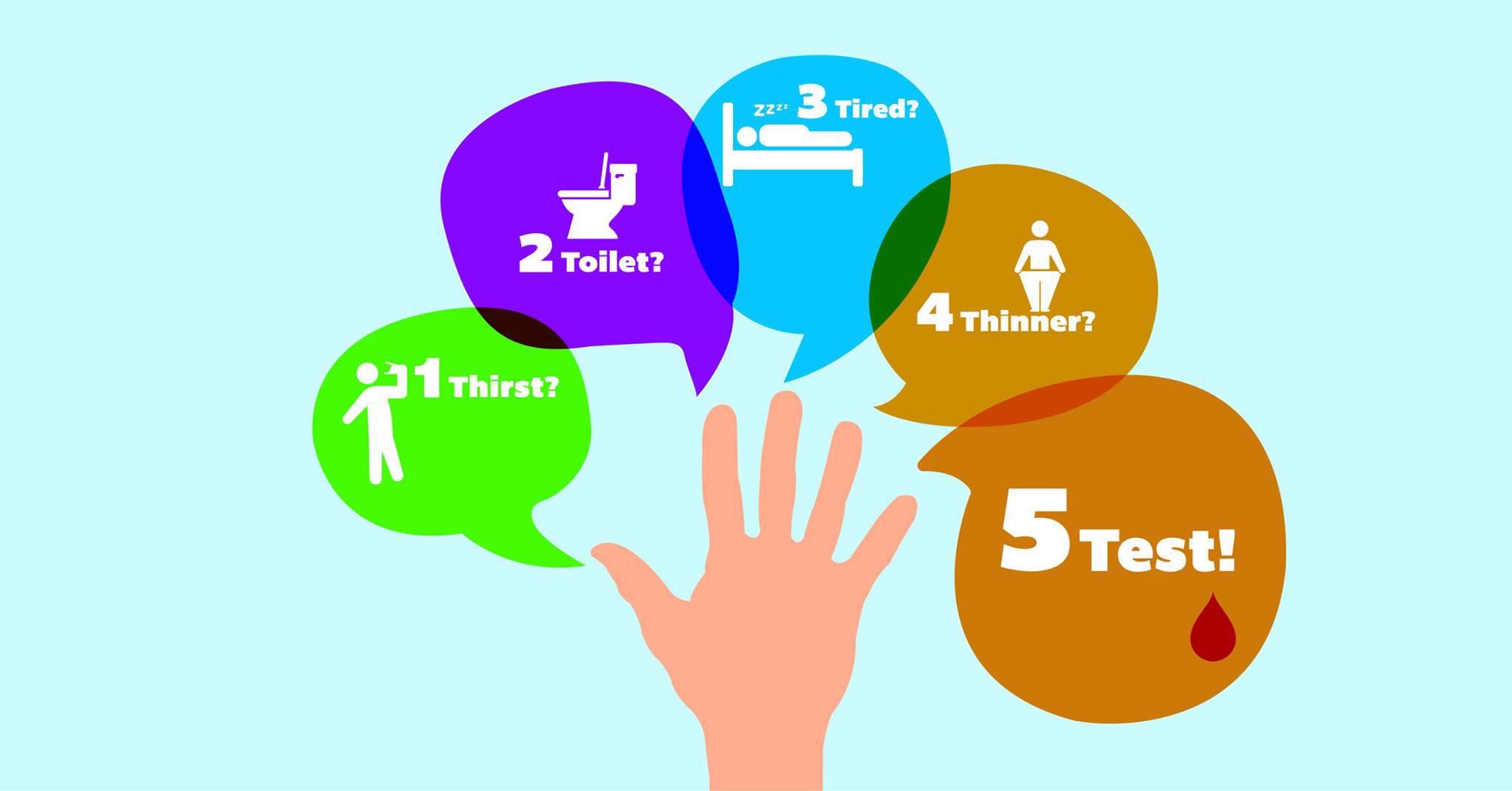
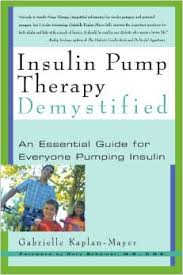 Good diabetes management is possible while using multiple daily injections. An insulin pump won't magically fix most of your problems with your diabetes - they are a lot of work. So if you are interested in moving to a pump, do your homework and find out exactly how you might benefit, google them, read book on them, talk to one of the representatives from the 2-3 companies who provide pumps in Ireland, talk to other people who have used them, and talk to people who tried them and it didn't work.
Good diabetes management is possible while using multiple daily injections. An insulin pump won't magically fix most of your problems with your diabetes - they are a lot of work. So if you are interested in moving to a pump, do your homework and find out exactly how you might benefit, google them, read book on them, talk to one of the representatives from the 2-3 companies who provide pumps in Ireland, talk to other people who have used them, and talk to people who tried them and it didn't work.
